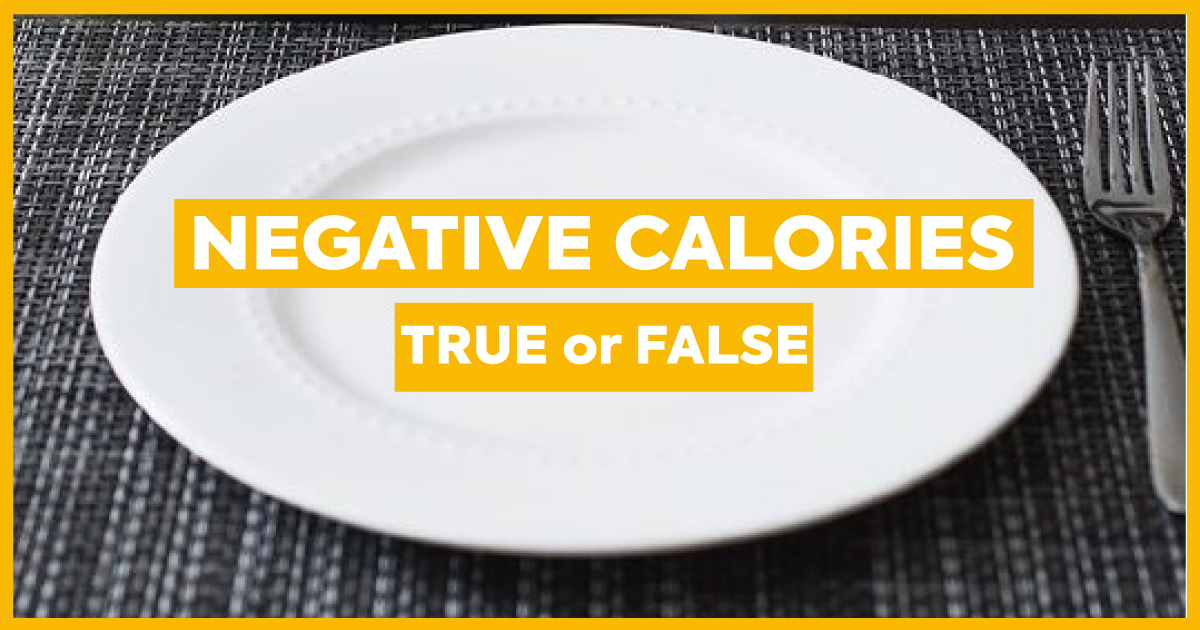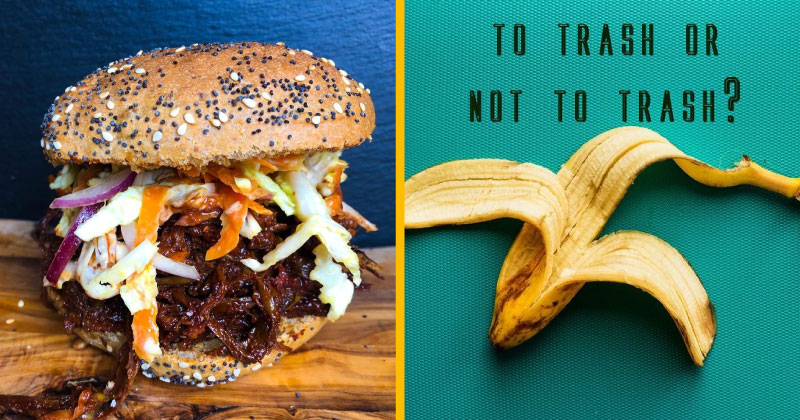FoodBlog Bytes: Ehh Calories! 😭 Ohh… Negative Calories what are you? 🤔

People who are on a diet generally resort to eating as many low-calorie foods as possible. But what if there were “negative calorie” foods that could help you lose weight just by eating them? Many people say it’s a possibility, whilst others say it just doesn’t add up - we’re here to give you the facts, plain and simple. 🤓
The Science behind Calories
Before unpacking this myth, we must understand the basics. A calorie is a unit of energy, and we use calories in food to determine the amount of energy a certain food would supply our bodies with. To function, we need a certain amount of calories a day, which we need to get from the food we eat. If we eat more calories than those which are necessary, we gain weight; and if we eat less than we need, we would lose weight. ⚖️
To understand the possibility of negative calories we must first understand what our body uses all these calories for. We can do this using a simple equation:
Total Daily Energy Expenditure = BMR + NEAT + EAT + TEF
Basal Metabolic Rate (BMR) refers to those calories we need just to function. Non-exercise activity thermogenesis (NEAT) refers to the energy expenditure for our daily movements, for example walking around the office at work or while doing chores. Exercise activity thermogenesis (EAT) involves calories burnt during exercise. The thermic effect of food (TEF) is the part that most people don’t know about: the calories required to digest food. 😕
💡 Therefore, extra calories burned during the day are not just for movement, but are ironically also used to absorb the calories we eat. About 10% of the calories we take in every day go toward the thermic effect of food. 💡
So what’s a Negative Calorie, and does it Exist?
If digesting food requires calories, then supposedly we could deduct some calories from the food we’re eating to account for this energy expenditure. So could some foods be so low in calories that it takes more energy to digest and absorb them than the energy they provide, thus eating them means you’re burning calories? This is essentially the thought process behind negative calories. 😮💨
If these foods exist, then eating them in large amounts would be a good way to lose weight. But do they really? The foods that are usually promoted as being negative-calorie are those fruits and vegetables with a very high water content (above 90%) and all contain less than 30 calories per cup. Some examples include celery, cucumber, kale, spinach, lettuce, cabbage, broccoli, tomatoes, zucchini and berries. 🥦
All these foods are healthy, nutritious, and should definitely form part of your diet (whether or not you’re trying to lose weight). However, they all do contain calories, and even for foods like spinach which only contain 7 calories per cup, there is no evidence to support the idea that eating, digesting, absorbing and removing them from our bodies requires more energy than these foods provide. These foods are high in water and fibre, which are essentially the easiest nutrients to digest, and thus very few calories are burned in doing so. 😔
And the energy expenditure during chewing doesn’t help either: many studies show that chewing gum may burn around 10 calories an hour, so unless you’re chewing your celery for an hour; chewing isn’t going to change its calorific value. 🤷
On the Bright Side
Just because eating these foods isn’t going to help you burn calories, they could still certainly help you lose weight. They’re still very low calorie foods, so including them in your diet is definitely going to lower your daily calorie intake. So replace the fries with a side salad or opt for some vegetable crudites and a dip as a snack, but don’t spend all day munching on plain celery in hopes that you’re magically going to drop weight. 😂
If anything, depriving yourself from enough calories to function will only result in constant hunger, and make losing weight harder. So fill your plate with proteins, fruits and vegetables and some grains and fats, and opt for a minor calorie deficit to lose weight and keep it off. ✨









Comments